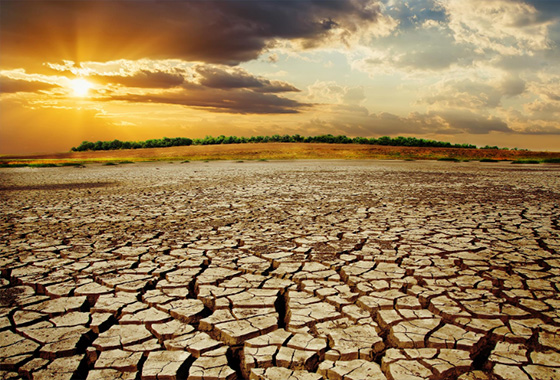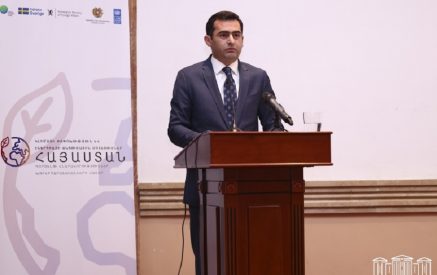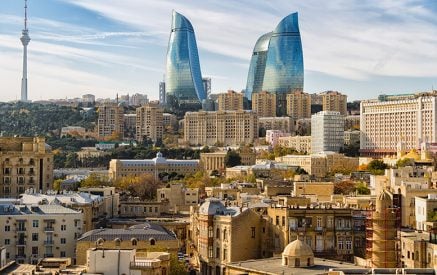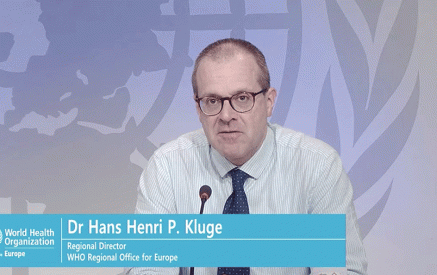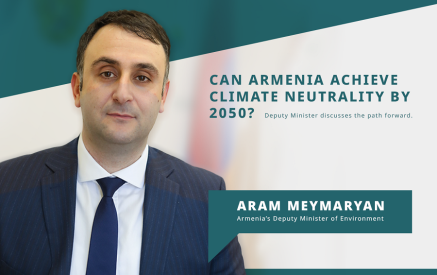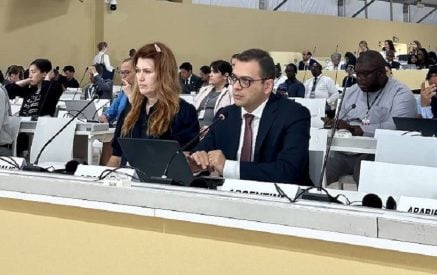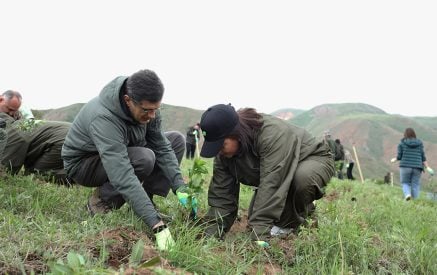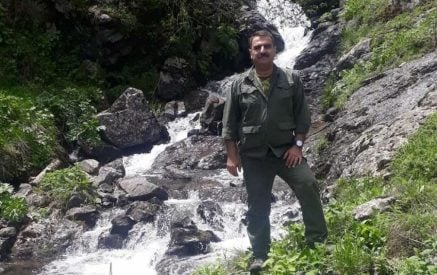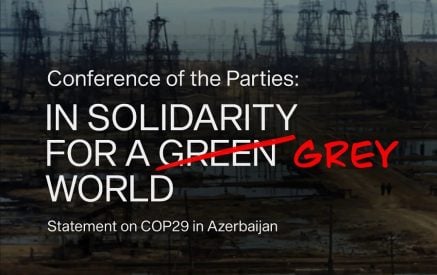“Elected officials are fully responsible for building climate resilience: we are in the same fight as young people. It is up to us to take the right decisions today,” said Jennifer De Temmerman (France, ALDE), at a round table on “Representative democracy against climate crisis”, organised by videoconference by PACE’s Sub-Committee on Public Health and Sustainable Development and the Congress of Local and Regional Authorities of the Council of Europe.
Ms De Temmerman, Chairperson of the Sub-Committee, which is currently preparing a report for the Assembly on “Inaction on climate change – a violation of children’s rights”, also stressed that children should have a voice on this issue and influence decision-making.
“To beat the climate crisis, as elected representatives, we must deliver,” said PACE Vice-President Andreas Nick (Germany, EPP/CD). He called for the creation of a solid legal foundation for the protection of the right to a healthy, clean and safe environment for all through an Additional Protocol to the European Convention on Human Rights. He wishes to give a strong political push to governments and parliaments of member States to further develop “green” policies and legislation, and to strengthen accountability for actions that harm the environment. “A response to the climate crisis should be provided at all levels: international, European, national, regional and local. We need a holistic approach to addressing the environmental emergency”, he said.
According to Gunn Marit Helgesen (Norway, EPP/CCE), Vice-President of the Congress of Local and Regional Authorities, the fight against climate change has an important local and regional dimension. “Even if decisions and strategies are adopted at national level, they must be implemented in accordance with local realities. Local and regional elected representatives are well placed to take into account the specificities of our communities, to change attitudes towards local production and consumption, land use planning and energy supply to municipalities, public and private transport choices, as well as citizen engagement and local initiatives with civil society,” she said. Ms Helgesen stressed the importance of full respect for the principle of subsidiarity, with a transfer of competences and resources to the field.
Read also
George Papandreou (Greece, SOC), PACE rapporteur on “More participatory democracy to tackle climate change”, proposed imagining complementary and innovative democratic processes, working with local authorities and conducting political debates with citizens (he cited the example of the Citizens’ Convention on Climate Change, a novel democratic experiment in citizen deliberation in France aimed at inspiring national bodies in the fight against climate change). “Governments do not draw enough from collective wisdom,” he said.
Edite Estrela (Portugal, SOC), PACE rapporteur on “The climate crisis and the rule of law”, who moderated the debate, stressed that this crisis should be seen as an opportunity for our Organisation to accompany changes in mentalities, as it has done for more than 70 years, by questioning many forms of behaviour so that they become unacceptable. Simon Moutquin, PACE rapporteur on ” Anchoring the right to a healthy environment: need for enhanced action by the Council of Europe”, developed the initial results of his work
Participants in this debate – which was held in the framework of the 9th World Forum for Democracy “Can Democracy Save the Environment?” – also included Sibel Arslan (Switzerland, SOC), PACE General Rapporteur on Local and Regional Authorities and José Manuel Fernandes, member of the European Parliament and Vice-Chair of the Green New Deal Intergroup, as well as members of the Congress.
The Parliamentary Assembly will devote a day of debates on this theme during its April part-session.
PACE




















































